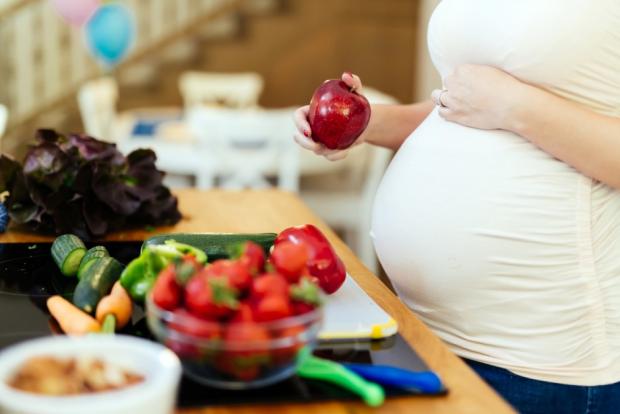
OSLO, March 13, 2018
A new research showed that eight in ten pregnant women in Norway have too little iodine, which might lead to birth of children with reading and writing difficulties, newspaper Aftenposten reported Monday citing a study.
Most of people do not have enough knowledge about this mineral and its significance, the report said.
“It has been assumed that the intake is good, but results from our study show that iodine status among pregnant and breastfeeding women is poor,” said Sigrun Henjum, researcher at Oslo Metropolitan University (OsloMet), which conducted the study during 2016.
“It is worrying, there must be increased attention around iodine,” she said.
The study was conducted on 175 breastfeeding and 800 pregnant women in the area of Oslo and Akershus and showed that three in four breastfeeding women do not have enough iodine in breast milk.
Iodine is needed for normal production of thyroid hormones that are important for the growth and development of the brain of both fetuses and small children.
With enough iodine present, the brain develops optimally, Henjum emphasized.
“Several international studies over the past ten years have shown that women with low iodine status in pregnancy have an increased risk of having children who score less on reading and writing skills,” she added.
The World Health Organization (WHO) recommended an intake of at least 250 mg of iodine daily for both breastfeeding and pregnant women.
Norway however does not follow these guidelines and recommends instead 175 and 220 mg of iodine daily for pregnant and breastfeeding women respectively.
“In Norway, people have traditionally eaten a lot of fish and drank a lot of milk. These are the two main sources of iodine in the food. But now we see that the intake of milk, dairy products and white fish has gone down, and we found that the pregnant and breastfeeding women did not manage to get enough (iodine) through food,” Henjum said.
Henjum now works in Norwegian Scientific Committee for Food Safety on risk assessment in case of increased level of iodine in salt and eventually industrial baking. The work is scheduled for completion in June 2019.
According to the report, like many other vitamins and minerals, both too low and too high intake of iodine is dangerous, so one should therefore be careful when consuming seaweed products which contain large amounts of iodine.










